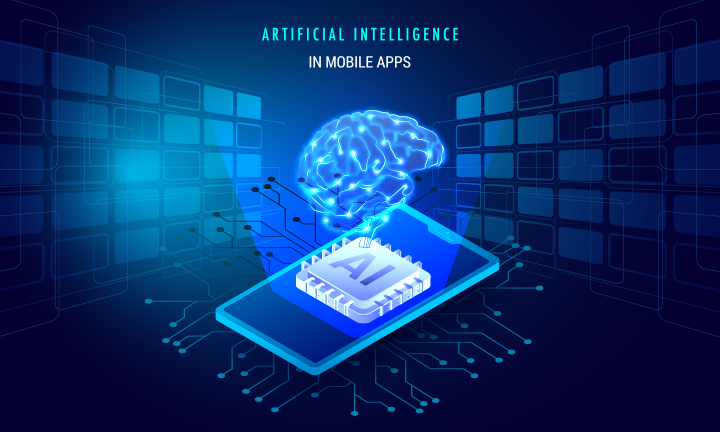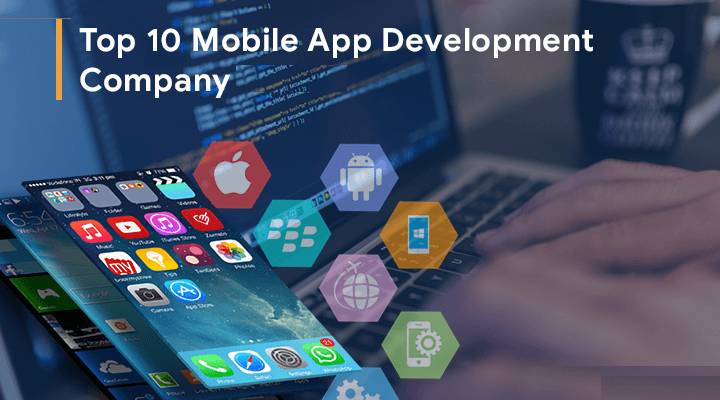Introduction
Mobile app development is a process for creating mobile apps that run on smartphones. These applications can be preinstalled on the device, downloaded from a mobile store, or accessed through a mobile web browser. Typically, a mobile application uses a network connection to work with remote computing resources. Thus, the process of app development involves:-
1. Building installable software bundles
2. Implementing backend services such as data access with an API
3. Testing the app on target devices
To develop scalable and robust mobile apps, you also need to consider hardware requirements, screen sizes, and other factors affecting the app development process.
Artificial Intelligence in Mobile App
Artificial Intelligence has revolutionized mobile app development, opening up a world of possibilities for creating innovative and intelligent applications. Here are some key areas where AI can be effectively utilized in mobile app development:

1. Enhanced User Experience : AI algorithms can analyze user behavior, preferences, and contextual data to deliver personalized and immersive user experiences. By understanding user patterns, AI can offer customized recommendations, tailor content, and optimize app interfaces for individual users.
2. Intelligent Automation : AI can automate repetitive tasks and streamline processes within mobile apps. From chatbots that handle customer inquiries to automated workflows that simplify complex tasks, AI-powered automation can significantly improve efficiency and productivity.
3. Advanced Data Analytics : AI algorithms excel at processing large volumes of data quickly and extracting valuable insights. Mobile apps can leverage AI to perform advanced data analytics, enabling businesses to make data-driven decisions, identify trends, and optimize their operations.
4. Natural Language Processing (NLP) : NLP capabilities enable mobile apps to understand and interpret human language. This facilitates voice-controlled interfaces, chatbots, language translation, sentiment analysis, and speech recognition, enabling users to interact with the app more naturally.
5. Continuous Learning and Improvement : AI algorithms can continuously learn from user interactions and feedback to improve app performance and enhance user satisfaction. By leveraging user data, AI can optimize app features, personalize content, and adapt to evolving user needs.
Here’s how we can help clients
Cepoch’s mobile applications employ AI algorithms to deliver highly personalized experiences. By utilizing machine learning techniques, they analyze user behavior, preferences, and historical data to tailor content, recommendations, and interactions. This personalized touch ensures that each user’s experience resonates on an individual level.

The integration of AI capabilities into mobile applications has empowered Cepoch to automate numerous tasks, simplifying complex workflows and enhancing productivity. These AI-powered automation features streamline processes, optimize resource utilization, and eliminate the need for manual effort, allowing users to accomplish tasks swiftly and effortlessly.
Cepoch’s applications utilize deep learning algorithms to provide powerful image and speech recognition functionalities. This technology enables users to effortlessly search, identify, and categorize visual and auditory content, elevating the overall user experience and introducing new ways to interact with mobile devices.

